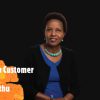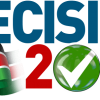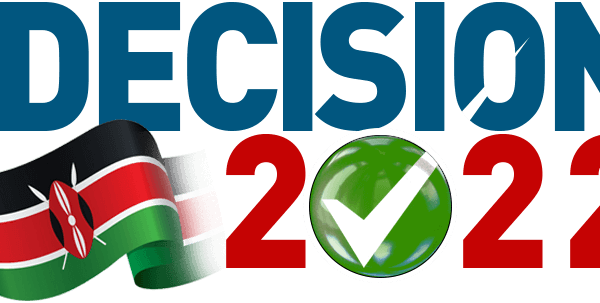As it appeared in the daily nation of September 8th 2015
by Lucy Kiruthu
Last week several organizations were recognized at the Service Excellence Awards ceremony. They had attained high customer loyalty ratings in various categories. This second year of the awards saw some new corporate join the list of winners. The SE Awards are organized by the Institute of Customer Service Kenya (ICS-Kenya). I suspect that though a number of names may remain, new names will show up next year. Many organizations are continuously reinventing themselves.
I often acknowledge that Loyal Customers are Good for Business for two reasons. They keep coming back and they tell others. As I sat in the room listening to Dr. Njenga the chief guest make his keynote speech at the ceremony, I had several thoughts cross my mind. I wondered how many organizations really care enough about how their customers feel. How may care whether their customers will come back or not and what they will tell others. How many are having discussions on loyalty in their boardrooms and taking action?
2 weeks ago we visited some restaurant for the first time. We had not made a booking; we therefore needed to wait for a table of six to clear. We waited and waited and there was no update. We thereafter decided to leave and go to a neighbouring restaurant. As we made our way to there, I wondered if this new restaurant really cared. I also wondered if our alternative restaurant really knew that we were its loyal customers. I doubt that they remember us despite having dined there several times for over a decade. This is unlike a petrol attendant who recently asked me about a previous purchase. Noticing my surprise he said “we know our customers.” I was very impressed. They seemed to understand that Customers who keep coming back are Good for Business.
The loyalty ratings were based on the Net Promoter Score (NPS). In his book “The Ultimate Question” business loyalty guru and originator of the NPS Fred Reichheld states that companies undermine their growth by creating detractors. Fred defines Detractors as “customers who complain loudly about the company and switch to competitors at the earliest opportunity”. He goes on to share what he calls the most critical question to a company’s future “Would you recommend us to a friend?.” By asking customers this question Fred explains that one is able to generate the NPS.
The NPS is calculated based on responses to the ultimate question “How likely are you to recommend this service/company /product to friends or family?”. The scoring on a scale of 0 to 10 groups customers into three categories namely the promoters who score 9 or 10 the passives who score 7 or 8 and the detractors who score 0 to 6. The promoters are extremely likely to recommend while detractors are not likely to recommend. Subtracting the percentage of Detractors from the percentage of Promoters yields the NPS. If NPS is at -100 then every customer is a Detractor and if t is at +100 then every customer is a Promoter. Do you know your NPS?
NPS has today become a system, it not only looks at the score but also investigates the primary reasons for the scores. Every organization has an opportunity to turn detractors and passives to promoters loyal to the business. It all starts when we offer the right quality of product and service.
Lucy Kiruthu is a Management Consultant and Trainer and can be reached on lucy@evolve-consultants.com/old or via twitter @kiruthulucy









